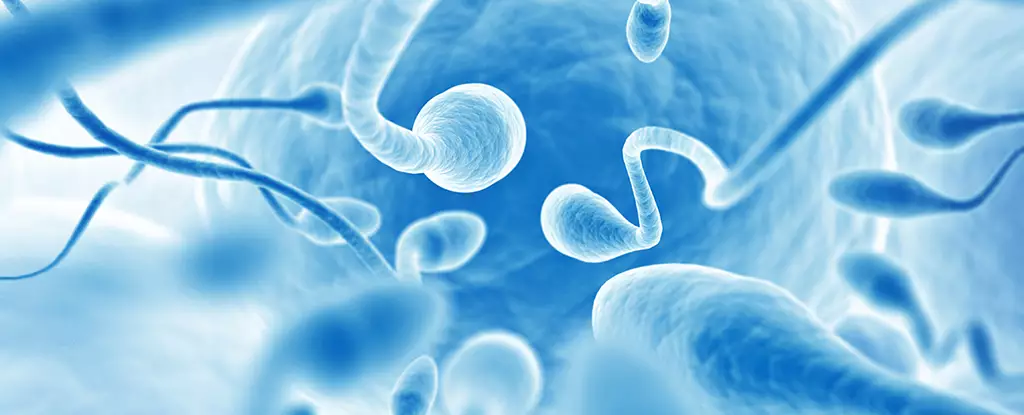As humanity expands its horizons into space, the prospect of long-term colonization of celestial bodies like the Moon or Mars presents numerous challenges, notably in the area of human reproduction. A recent study led by researchers at the Technical University of Catalonia and Dexeus University Hospital in Spain has shed light on an unexpected and significant obstacle: the adverse effects of microgravity on human sperm motility and vitality.
In this groundbreaking study, a total of 15 human sperm samples were meticulously collected and analyzed. The researchers took an innovative approach by dividing each sample. Half was kept on Earth, while the other half was subjected to the unique environment of microgravity during parabolic flights. This experimental design was crucial in isolating the effects of microgravity on sperm health.
The findings were illuminating. The sperm exposed to microgravity conditions exhibited a marked decline in both motility, which refers to the ability of the sperm to move effectively, and vitality, indicating the proportion of active sperm. Interestingly, while the sperm did not perish, the exposure to altered gravitational forces raised concerns about their overall health. The researchers noted that heavy shifts in gravity, particularly those simulating microgravity, could result in significant reductions in sperm functionality – a troubling sign for the future of human reproduction in space.
With the observed declines in motility, especially in terms of curvilinear velocity—the speed at which sperm move towards an egg—the potential for successful fertilization in a microgravity environment appears alarmingly low. This conclusion suggests that natural conception could face substantial hurdles for astronauts or future settlers in space.
Moreover, the study identified that while certain aspects of sperm health remained stable, such as DNA integrity and overall structure, the significant deficits in movement and vitality cannot be overlooked. This raises critical questions about the viability of assisted reproductive techniques, including in vitro fertilization (IVF), which might become essential as humans look to breed in extraterrestrial settings.
While the data is provocative, it also opens the door to further inquiry. Researchers posited that the underlying reasons for these declines may involve chemical processes affected by microgravity. Although more detailed studies are necessary to clarify these mechanisms, the implications are already clear: understanding how microgravity alters sperm function is essential for planning sustainable human life off Earth.
The researchers compellingly underscored the need for more rigorous studies involving human sperm to fully grasp the impact of microgravity on fundamental biological processes. As plans for extended space missions and burgeoning interest in space tourism gain momentum, the exploration of human reproduction in these new environments has become increasingly pertinent.
While science has largely focused on the technicalities of space travel, it is vital to remember that any attempt to establish human communities beyond Earth must account for the human experience, including the intimate aspects of life such as reproduction and familial structures. Current research largely omits these dimensions, as the priority for astronauts tends to lean toward mission objectives rather than personal relationships or reproduction.
Moreover, previous animal studies have indicated that reproduction may present challenges in microgravity, suggesting that the findings from this human sperm study could be part of a larger puzzle. A nuanced understanding of these dynamics is crucial for future missions that aim to facilitate long-term human habitation beyond our planet.
As we stand on the cusp of potentially transformative explorations of space, the subject of human reproduction in microgravity is more than a niche scientific query; it is a critical factor in planning sustainable extraterrestrial communities. While the current findings signal obstacles, they also illuminate a path forward for future research. As we refine our understanding of how microgravity impacts our biology, we take important steps towards ensuring that humanity’s reach extends well beyond the confines of Earth, allowing us to forge new frontiers not just in exploration but in the continuation of human life itself.


Leave a Reply